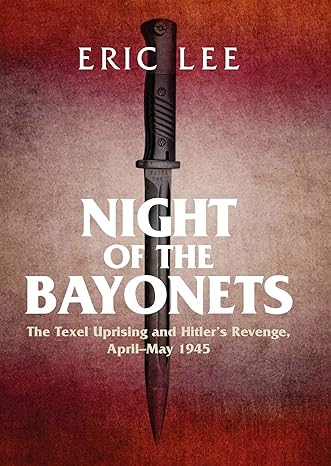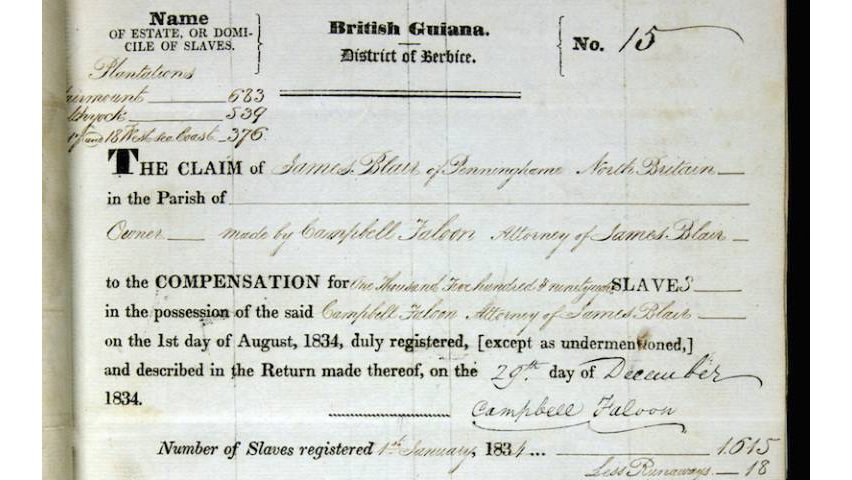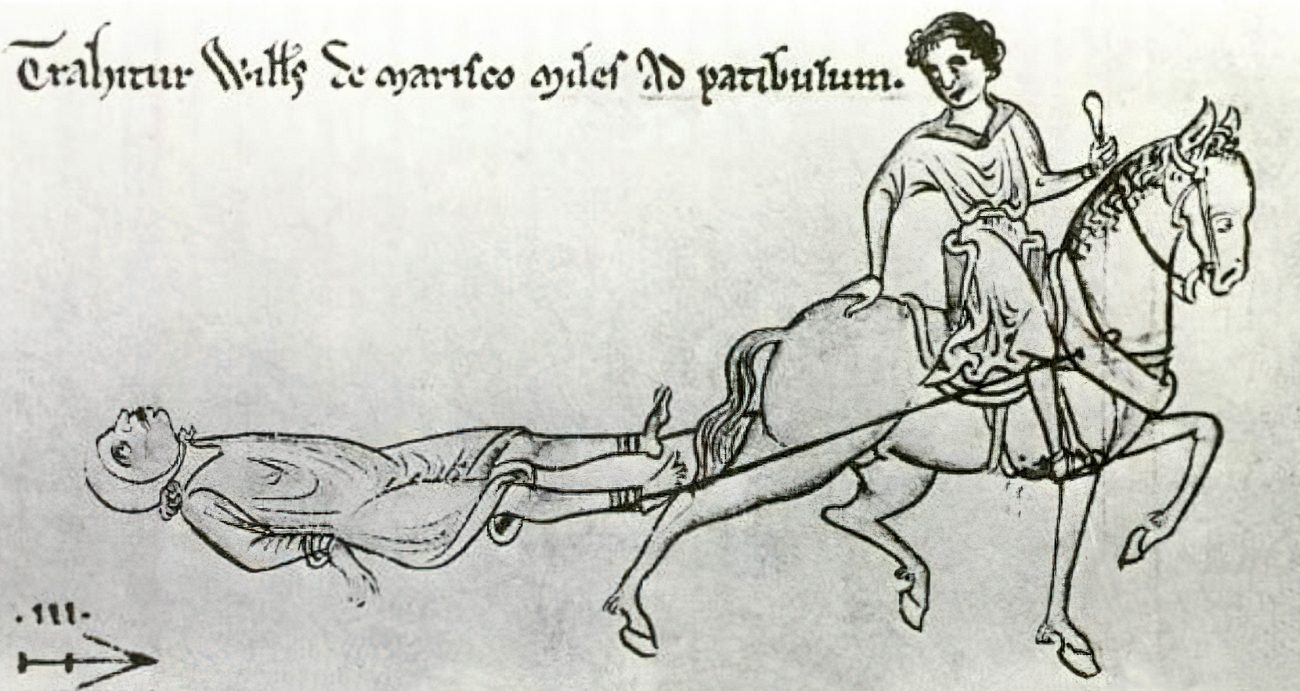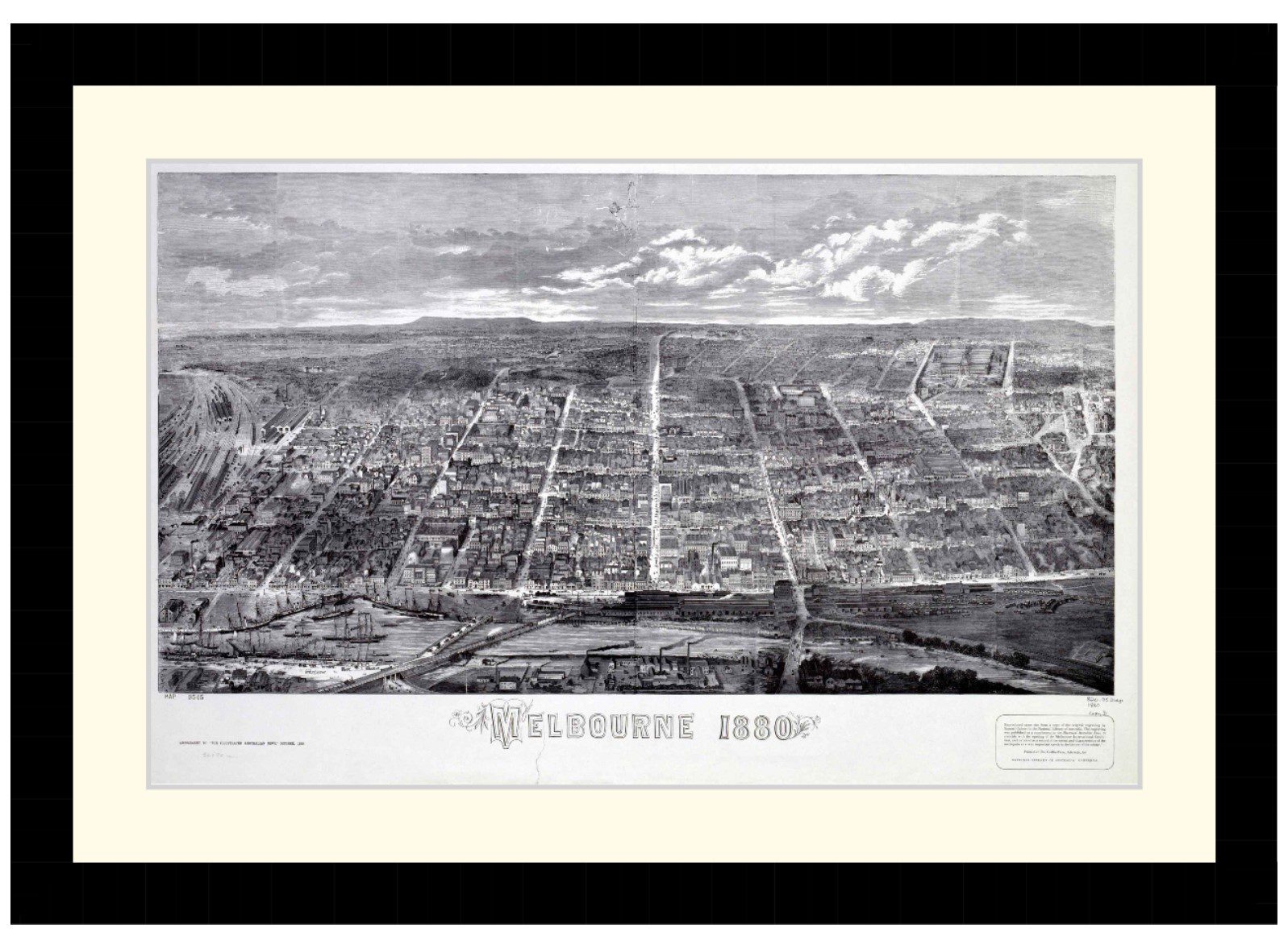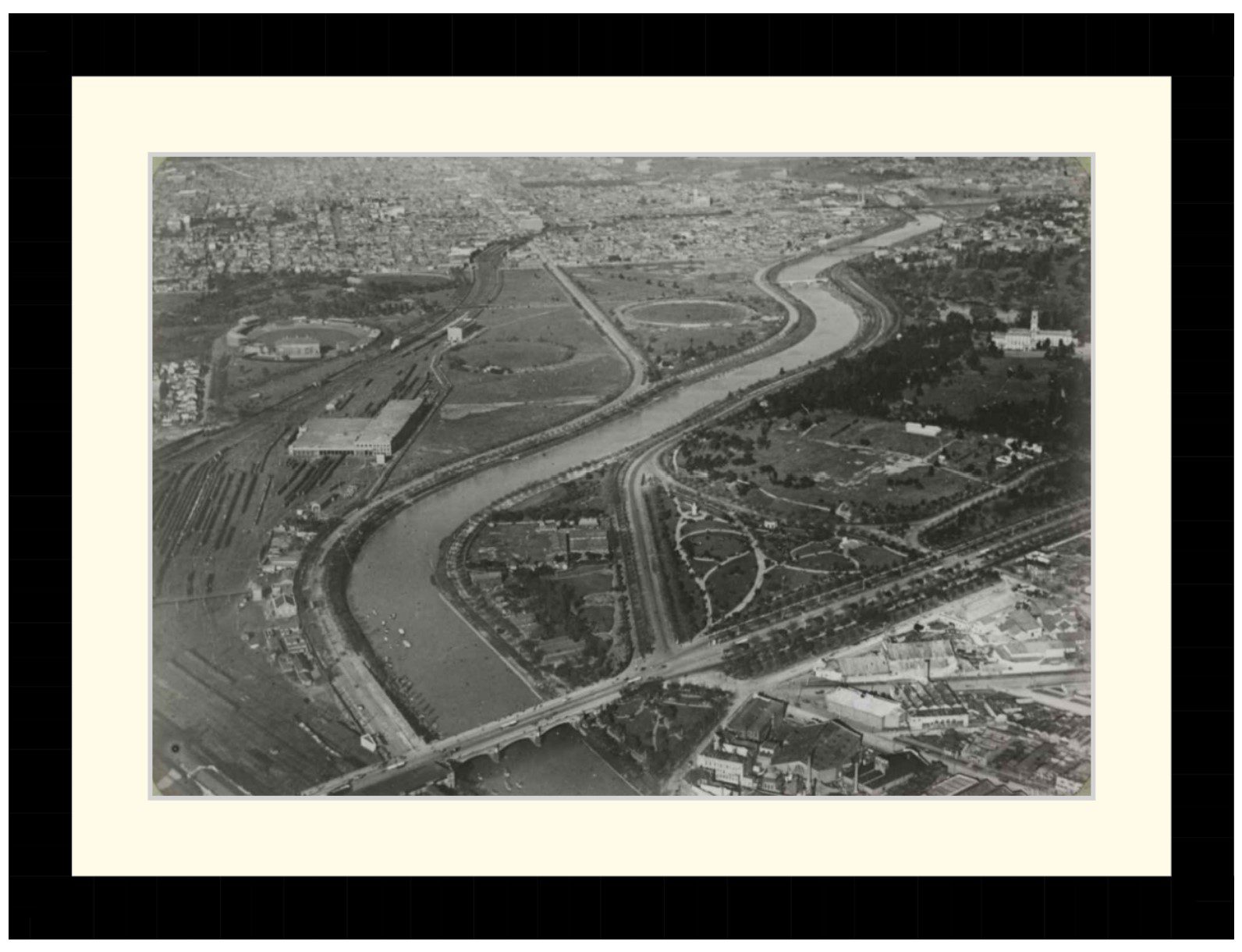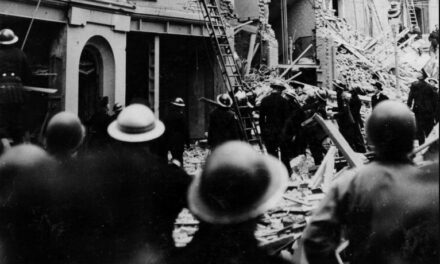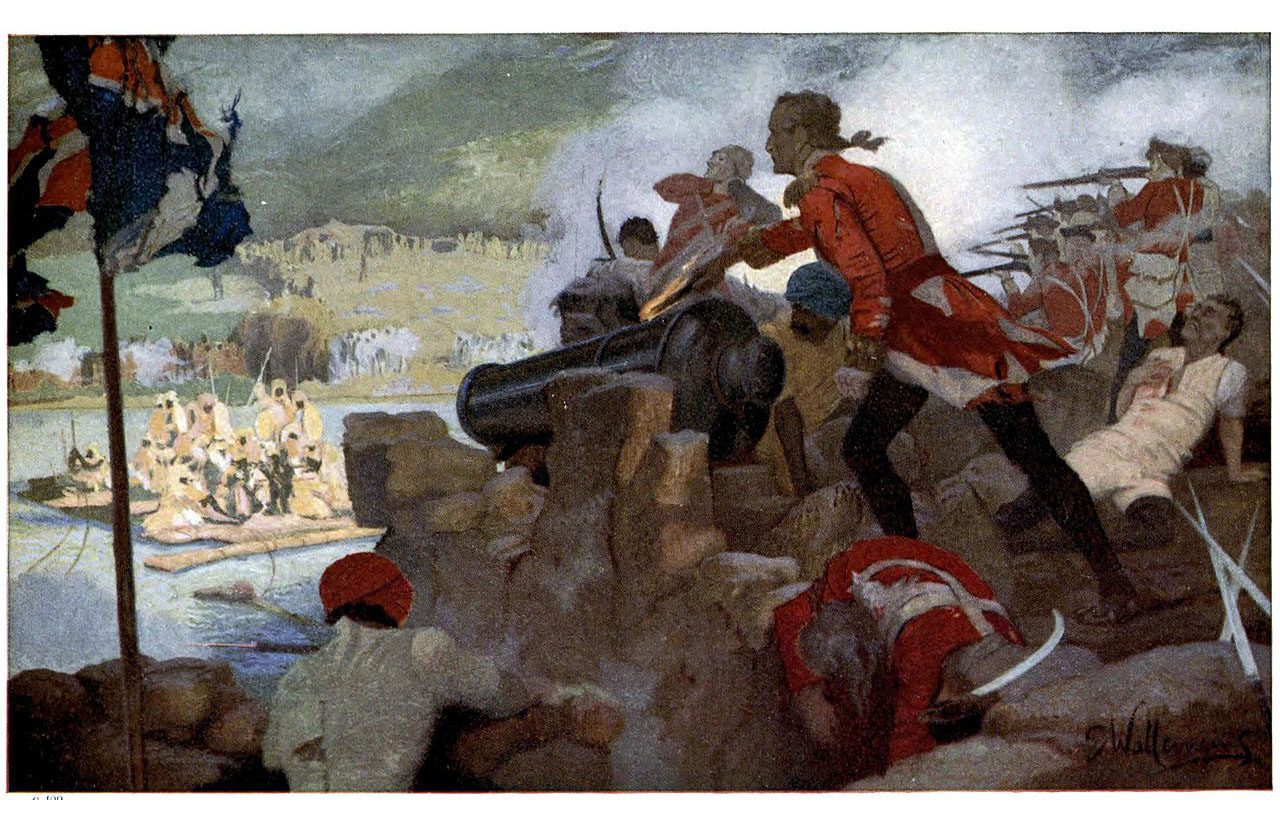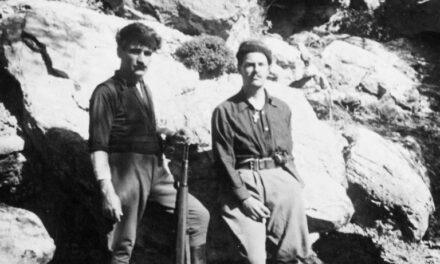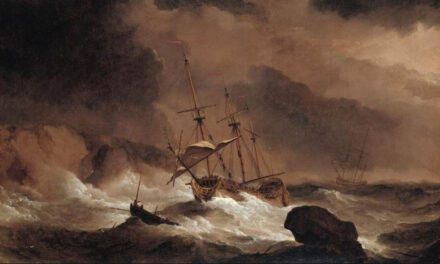Reading time: 2 minutes
In the final days of World War II in Europe, Georgians serving in the Wehrmacht on Texel island off the Dutch coast rose up and slaughtered their German masters. Hitler ordered the island to be retaken and fighting continued for weeks, well after the war’s end.
The uprising had it origins in the bloody history of Georgia in the twentieth century, a history that saw the country move from German occupation, to three short years of independence, to Soviet rule after it was conquered by the Red Army in 1921. A bloody rebellion against the Soviets took place in 1924, but it remained under Russian Soviet rule. Thousands of Georgians served in the Soviet forces during World War II and among those who were captured, given the choice of “starve or fight”, some took up the German offer to don Wehrmacht uniforms.
The loyalty of the Georgians was always in doubt, as Hitler himself suspected, and once deployed to the Netherlands, the Georgian soldiers made contact with the local Communist resistance. When the opportunity arose, the Georgians took the decision to rise up and slaughter the Germans, seizing control of the island. In just a few hours, they massacred some 400 German officers and soldiers using knives and bayonets to avoid raising the alarm. An enraged Hitler learned about the mutiny and ordered the Germans to fight back, showing no mercy to either the Georgians or the Dutch civilians who hid them. It was not until 20 May, 12 days after the war had ended, that Canadian forces landed on the island and finally put an end to the slaughter.
Eric Lee explores this fascinating but little known last battle of the Second World War: its origins, the incredible details of the battle and its ongoing legacy.
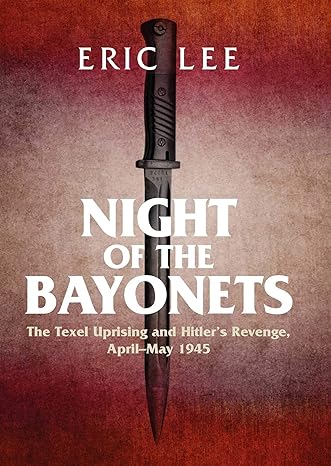
“A spellbinding tale of those who paid the ultimate price for freedom.”
Damien Lewis, author of SAS Shadow Raiders: The Ultra-Secret Mission that Changed the Course of WWII
“In Night of the Bayonets, historian and journalist Eric Lee tries to untangle the facts from the fiction. His book also asks some difficult questions about national and political loyalties versus morality and the human imperative for survival. Caught between starvation, disease, or a bullet in the neck, would you voluntarily take up arms for your enemy? Would you knowingly endanger civilians, many of them children, to save your own skin?“
The War Years
“The title reads like a thriller, and at times so does the book, but this is nonetheless a serious and well-researched piece of history. “
Historical Novel Society
“For such a minor episode in a worldwide war, the author has a great deal of interest to impart. Night of the Bayonets far transcends a simple description of the uprising itself. Lee places the mutiny within the context of what transpired before and after the battle on Texel. Indeed, that context, and the larger issues he raises―were the Georgians justified, for example, in rising at such a late date, when it cost so many innocent Dutch lives?―make this book all the more valuable. Who were these men? What did they do? Why did they do it? What were the consequences? The author answers all those questions in a clear, thought-provoking manner. Along the way, he transforms the book into something far more worthwhile than it might seem at first glance. And by the conclusion, it’s a sure bet readers won’t confuse Russians and Georgians. Recommended.”
Stone & Stone Books
Night of the Bayonets: The Texel Uprising and Hitler’s Revenge, April-May 1945 – Book
By Lee Eric In the final days of World War II in Europe, Georgians serving in the Wehrmacht on Texel island off the Dutch coast rose up and slaughtered their German masters. Hitler ordered the island to be retaken and fighting continued for weeks, well after the war’s end. The uprising had it origins in…
Only 3 left in stock
Articles you may also like
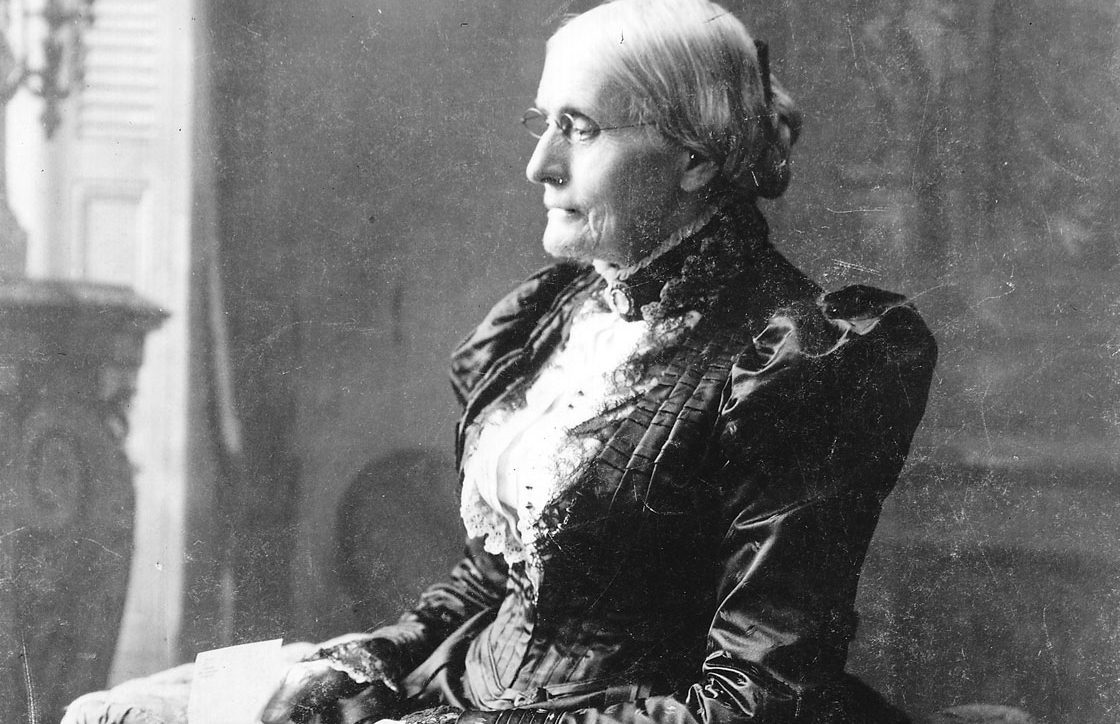
Susan B. Anthony Rebel, Crusader, Humanitarian – Audiobook
SUSAN B. ANTHONY REBEL, CRUSADER, HUMANITARIAN – AUDIOBOOK By Alma Lutz (1890 – 1973) Alma Lutz’s outstanding biography of Susan B. Anthony is revered for its descriptive power, attention to detail and historical significance to the women’s Suffragette movement.
The text of this article was commissioned by History Guild as part of our work to improve historical literacy. If you would like to reproduce it please get in touch via this form.

